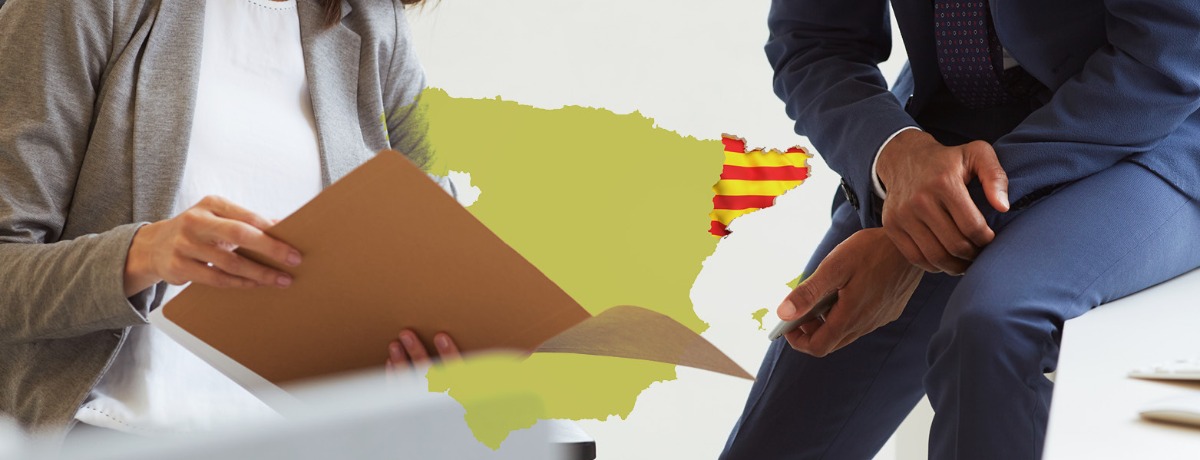Key aspects of the tax
The new tax, formally known as Companies’ Non-Productive Assets Tax, created in May of 2017, is levied annually on entities that own certain non-productive assets, i.e., assets not related to their economic activity. Among the most common cases are those assets which are actually used by shareholders (or their families member) or are intended for the use or enjoyment of workers (when it does not constitute an income in kind for them), such as the habitual residence of the shareholders, their vacation residences, as well as vehicles, boats and aircrafts, art objects, jewelry, etc. The geographical scope of the tax is Catalonia, which means that only entities domiciled in the autonomous community are obliged to pay this tax, with the exception of real estate properties located in Catalonia, which are taxed no matter where the entity is domiciled.
The taxpayers are, in general terms, the entities that own the aforementioned assets. The tax liability is calculated based on the value of the aforementioned assets, to which a progressive rate is applied, which could reach a maximum of 2.75%.
The Spanish Constitutional Court confirms the legality of the tax
It should be noted that the tax was brought before the Constitutional Court by the Government of Spain, and suspended ever since. They considered that the tax was in essence the same as other existing taxes, which in theory is not allowed according to the principle of the prohibition of double taxation, and because its geographical scope exceeded the territory of the autonomous community of Catalonia.
It is now that, following its ruling 28/2019 of February 28th, 2019, the Constitutional Court has finally declared the legality of the tax, denying its overlap with the Wealth Tax or with local taxes such as the Property Tax or the Tax on Mechanical Traction Vehicles. On the other hand, the Constitutional Court has also taken the opportunity to deal with one of the most controversial aspects of the tax, which is its geographical scope. It has understood that there is no extraterritoriality in the tax because only real estate located in Catalonia and other assets (regardless of their location) which qualify as "non-productive" owned by entities domiciled in Catalonia are taxed.
Obligation to submit declarations and deadlines
As a consequence of this declaration of the Constitutional Court, the tax is again in force, and also with retroactive effects. That is to say, the corresponding tax must be paid as from its approval in 2017 as well as those that correspond from now on. For this purpose, those who are obliged to pay this tax must file between October 1 and November 30 of 2019 the corresponding tax forms related to tax years from 2017 to 2019. In subsequent years, the deadline to file the tax forms is the end of June of the year following the tax year declared.




















